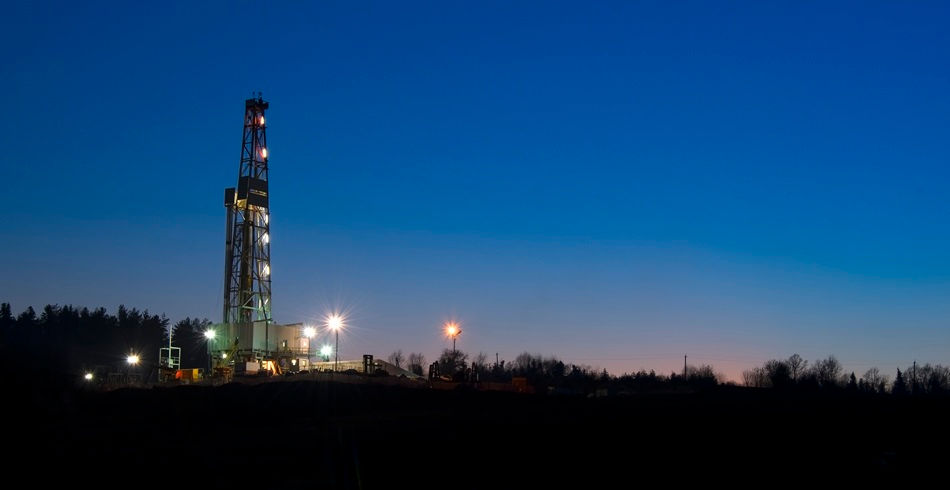FGV Energia, Petrobras establish partnership to generate energy from fishing waste in the Amazon
- FGV Energia
- Jun 9, 2025
- 2 min read

An innovative project will transform fishing waste in the Amazon Legal into sources of clean energy and products that strengthen the local economy.
The initiative is the result of a partnership between FGV Energia, Petrobras, the Federal University of Amazonas (UFAM) and the Senai Institute of Innovation in Biomass.
Lasting 18 months, the research, development and innovation project aims to utilize fish waste for the production of biogas, biomethane and biodiesel, as well as the generation of biofertilizers and ingredients for animal feed.
The agreement was signed on World Environment Day, June 5, at Petrobras’ headquarters in Rio de Janeiro, Brazil.
“We want to turn an environmental problem into an economic opportunity, promoting a fairer and more sustainable energy transition,” said Carlos Quintella, the executive director of FGV Energia.
By transforming an environmental liability into energy and productive assets, the initiative promotes a circular economy, reduces environmental impacts and generates jobs and income.
The protein component of the waste will be used in feed production—a strategic solution for fish farmers facing high feeding costs in fish farming.
Another aspect of the project involves testing mixtures of fishing waste and byproducts of biodiesel, such as glycerin, to enhance biogas production.
The proposal includes the installation of a modular pilot plant on the UFAM campus, serving as a replicable model in other regions of the country.
The creation of an atlas of biogas and biomethane is also planned, mapping the potential for generating these fuels in the Amazon and Brazil.
The valorization of fishing, which employs about 50 percent of women in the region, reinforces the commitment to social inclusion and the improvement of the quality of life of riverside communities.
The initiative aligns with several of the United Nations’ sustainable-development goals such as clean energy, gender equality, poverty eradication and climate action.


































